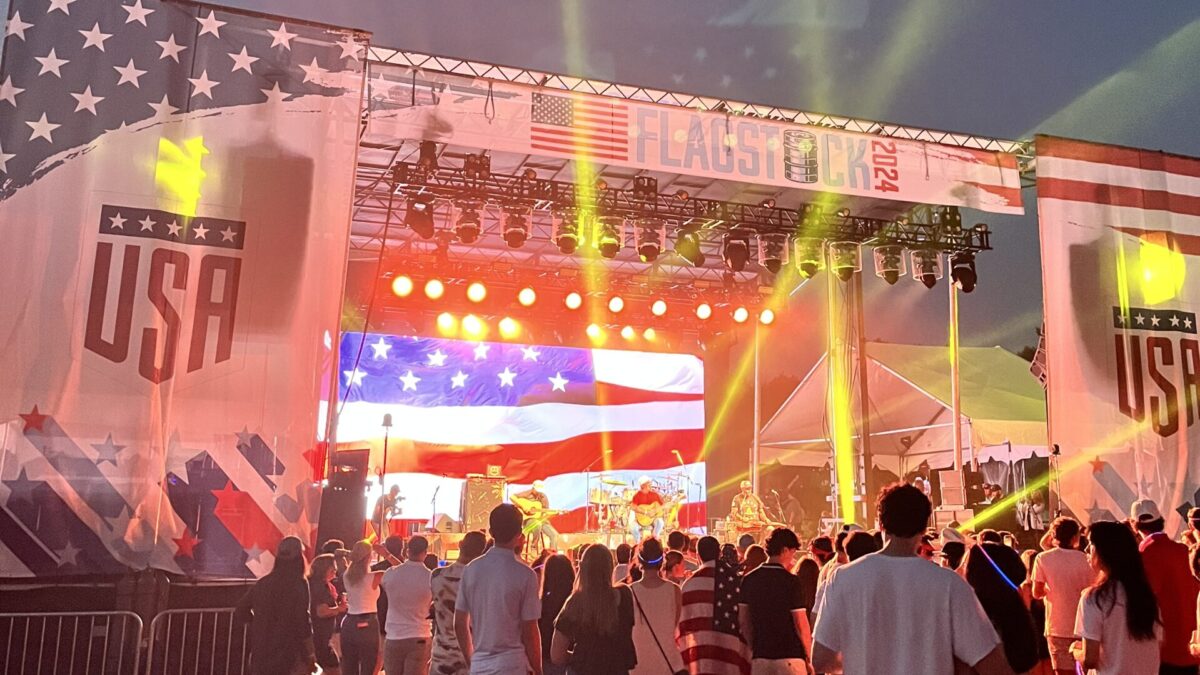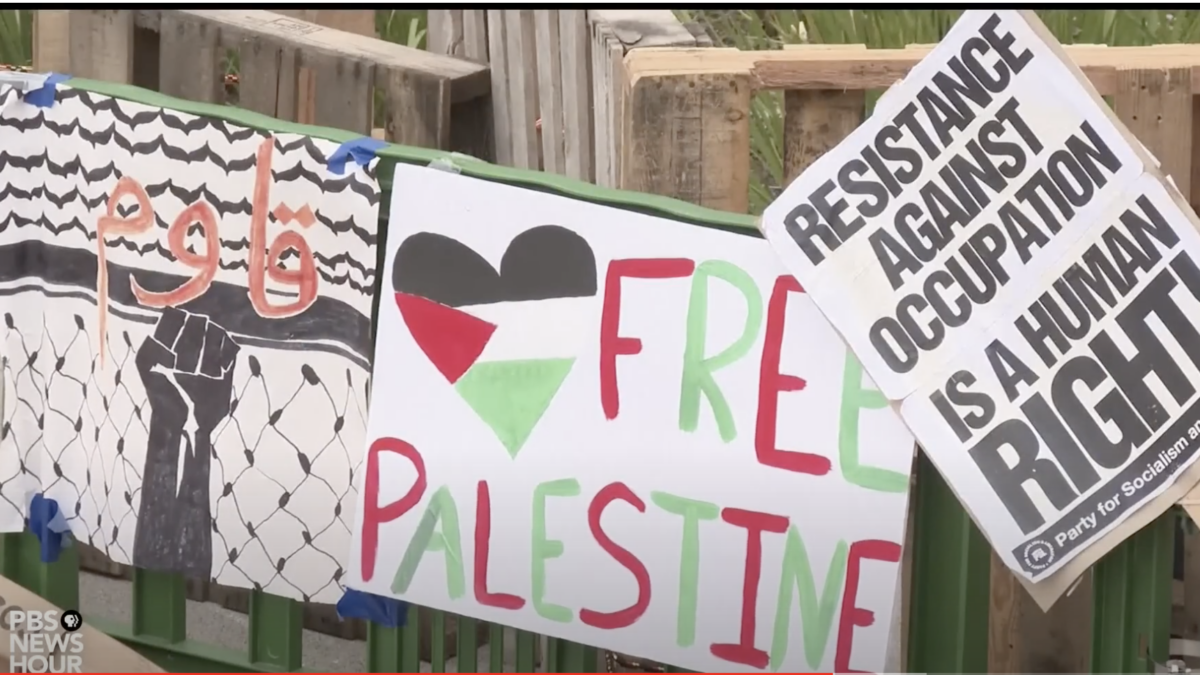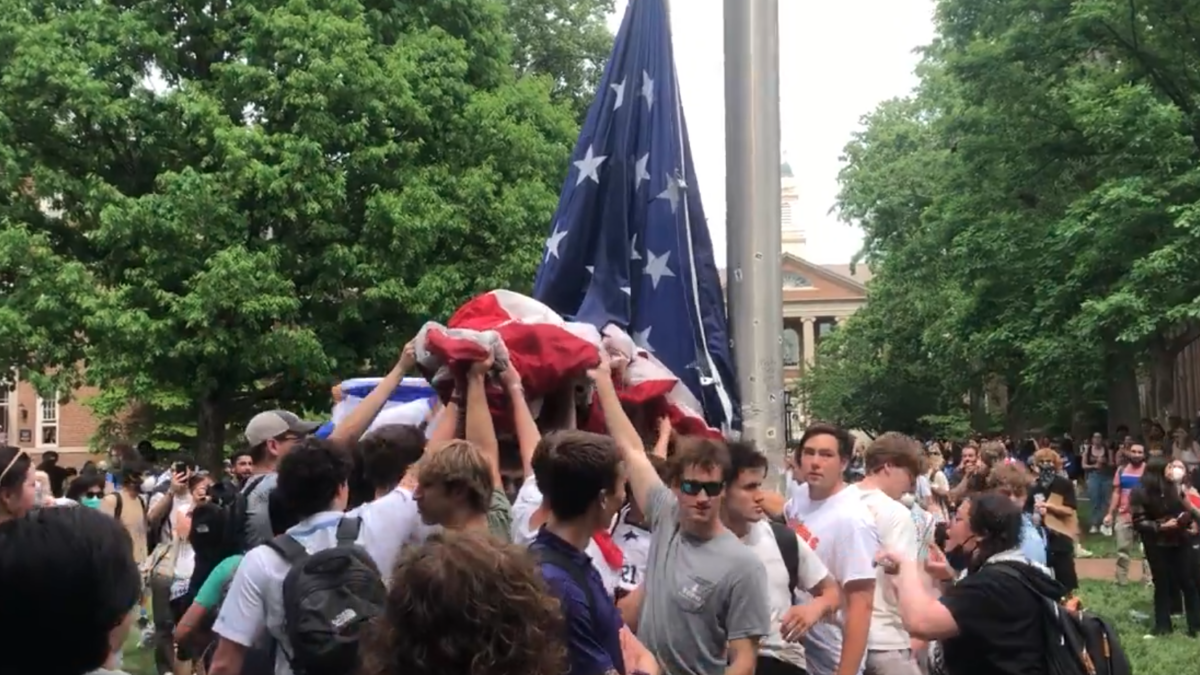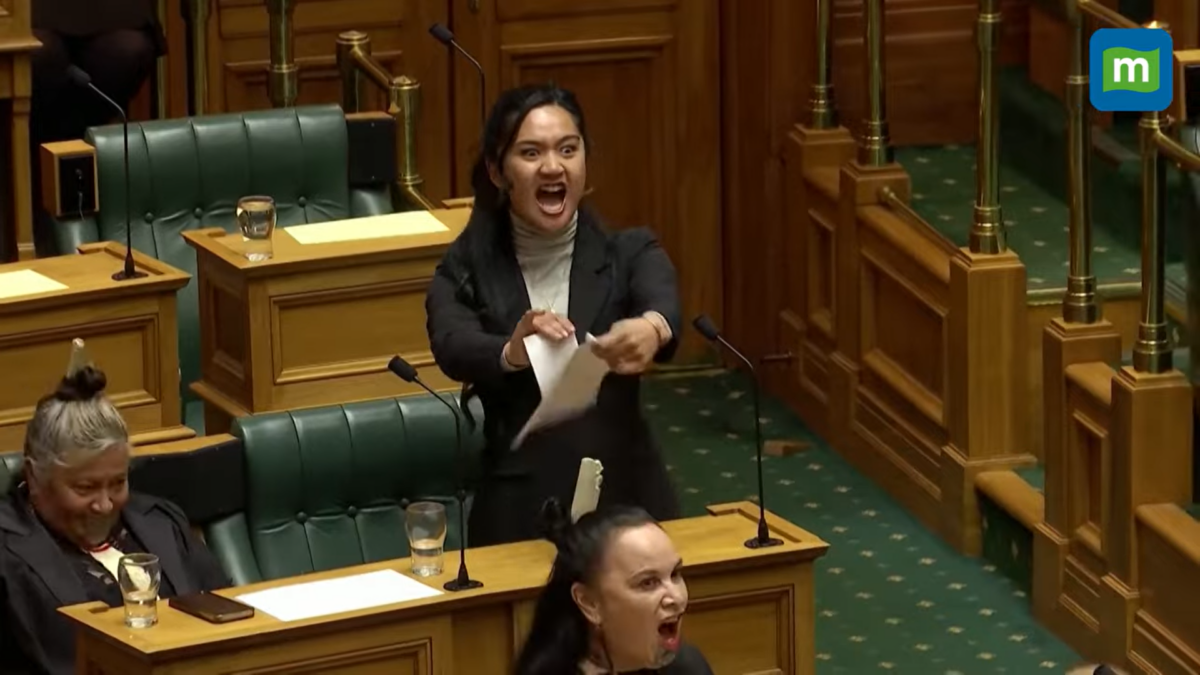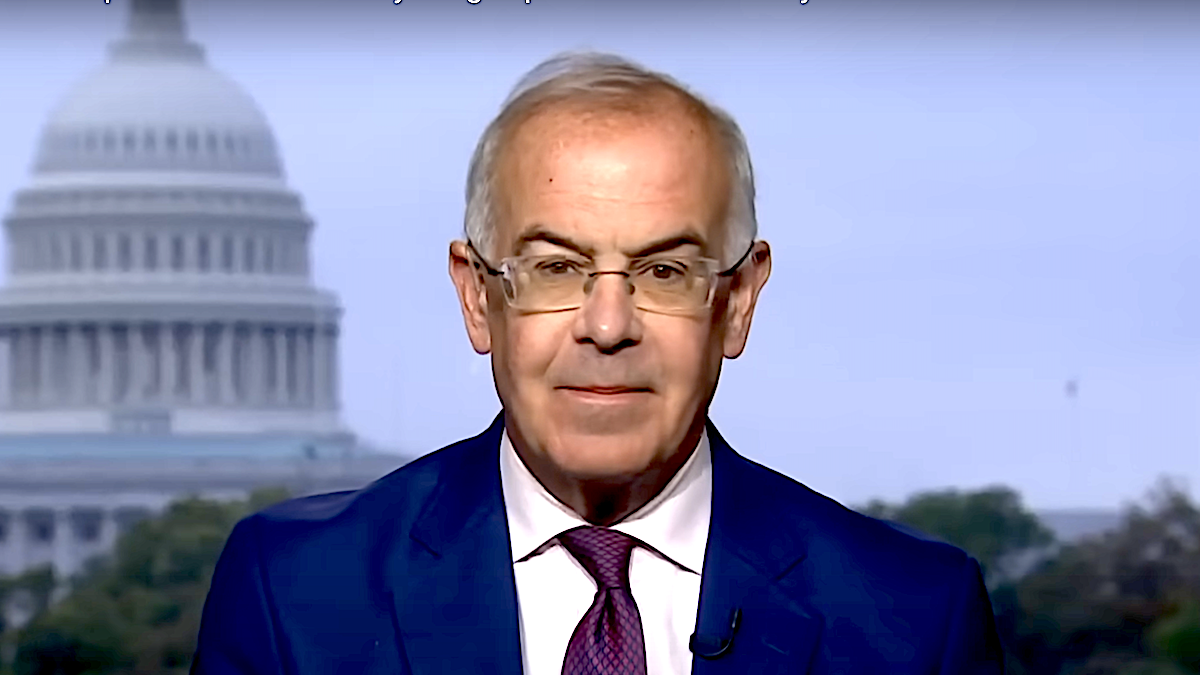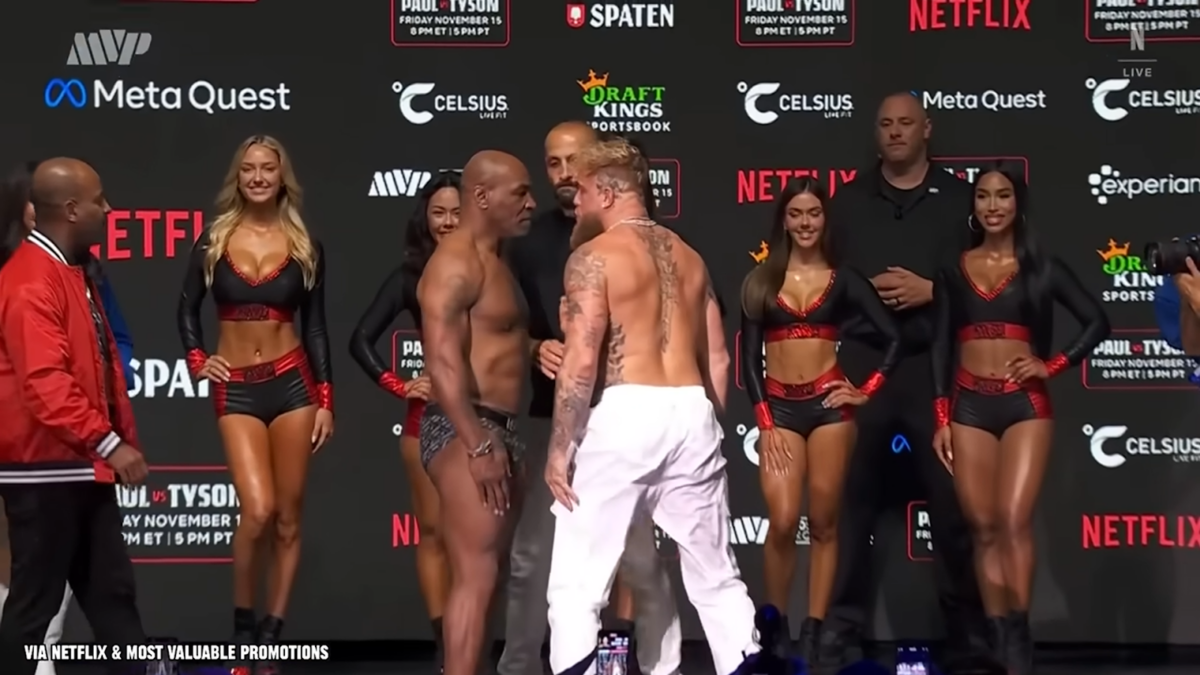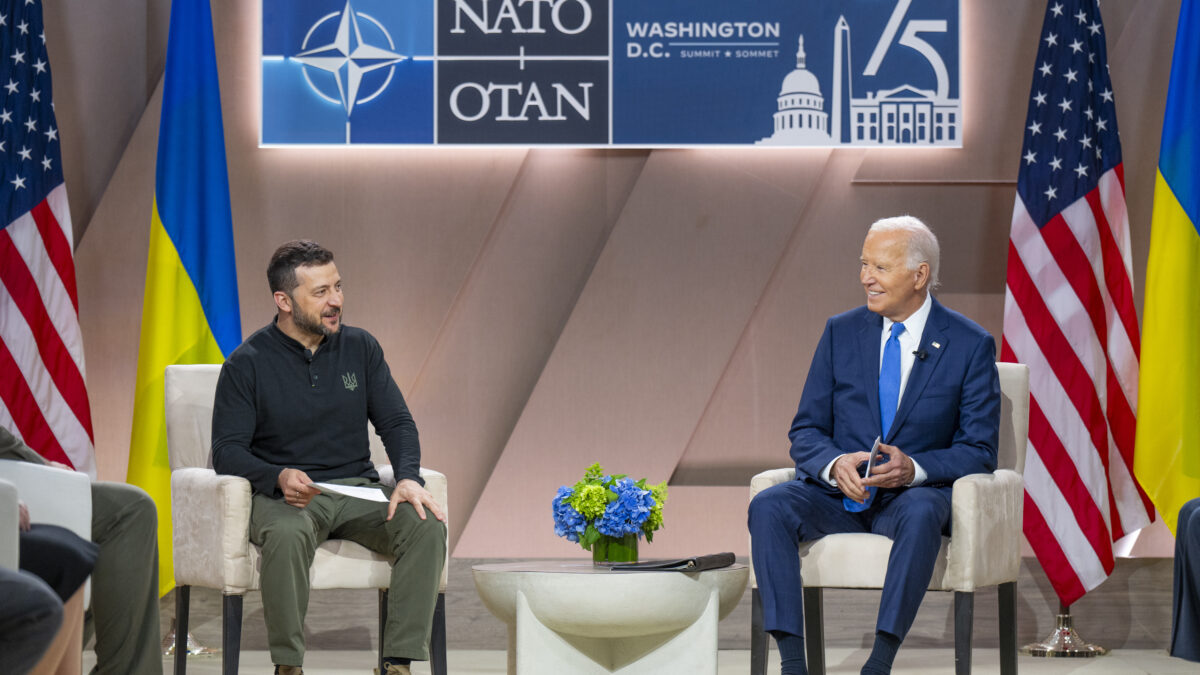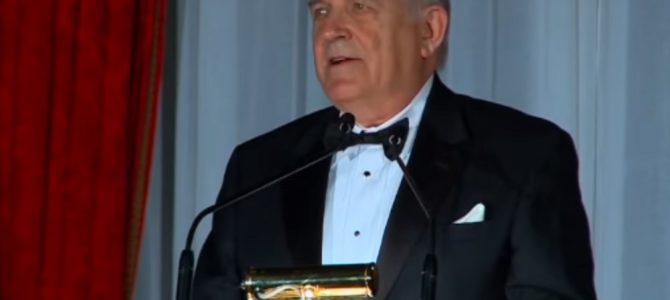
Amid major concerns about freedom of expression and diversity of thought on college campuses, Yale’s William F Buckley Jr. Program is a rare bright spot in a firmament too fixed in illiberal darkness. Founded in 2010 by Lauren Noble, the program seeks to ensure that conservative ideas are still heard on U.S. campuses, despite attempts to silence them. To that end, this year the program hosted its fourth annual Disininvitation Dinner that features a speaker who was de-platformed on a campus in the past year.
Last month within the elegant confines of New York City’s Metropolitan Club, a stone’s throw from Central Park South, the Buckley Program invited arguably their most controversial speaker yet, social scientist Charles Murray. Unlike previous invitees George F. Will, police Commissioner Raymond Kelly, and Peter Thiel, Murray has been in the direct crosshairs of academic progressives for nearly 25 years.
This all began when he and co-author Richard Herrnstein published “The Bell Curve” in 1994. That book contained a controversial claim that has followed Murray down through the decades: that aggregate IQ levels may differ based on race. This is neither the time nor the place to investigate that claim, which has been litigated ever since and still causes sturm und drang at places like Vox and Middlebury College, where Murray’s appearance last year was violently interrupted. But what is worth noting is just how entwined Murray’s career has been with the increasing movement to restrict speech and opinion on our campuses.
The Kids Are Alright
One of the highlights of these dinners is the kids from Yale, dressed in their finest, all smiles and high-beam eyes fixed on the future. They have firm handshakes, polite manners, and interesting questions. As the gentle din echoed off the marble walls and a butlered plate of lamb meatballs whisked by, some told me why they joined this program.
One of the group’s leaders, Cameron Koffman, told me that a highly publicized Yale campus incident in 2015, in which professor Nicholas Christakis was publicly berated in a style reminiscent of the Chinese Cultural Revolution, swelled interest in the organization. It is a hopeful thing that students who were in middle school when the Buckley Program began are still flocking to its message.
After taking our seats, Noble and some current Yale students gave cogent remarks about the lack of viewpoint diversity on campus and their work to improve the situation. Then Buckley Program chairman Roger Kimball came up to introduce Murray. After extolling William F. Buckley Jr.’s dedication to limited government and free expression, he said: “Since such ideas are utterly foreign to most college campuses today, Lauren also undertook the important missionary work of bringing the gospel of Buckley to Yale and other elite redoubts of intellectual and moral conformity.” Kimball’s remarks were smart and inspiring, even if they required a thesaurus for the average listener to appreciate.
Murray took the stage he was denied at Middlebury with a quiet and unassuming grace. Right off the bat, he got busy with the bad news. “The American project as originally conceived is dead and it’s never coming back,” he said. The filet mignon dried in our mouths. Murray quickly pivoted, promising to play an unaccustomed role as optimist, but it was a position that required a lot of chewing.
The Reluctant Optimist
In a nutshell, Murray’s case for optimism boiled down to the information revolution and the decentralization and privatization of regulatory authority. Regarding the former, he argued convincingly that access to information has made us all freer. Anecdotes about early modems that snailed along barely faster than the Pony Express punctuated his point. It is well taken. Access to information is indeed an accelerator of freedom.
Murray’s second cause for optimism is a good deal more complicated. He argues that the government in the age of social media need not play an aggressive role in regulation. Citing government regulation of the meat industry, he argued that if those regulations went away and Safeway started selling contaminated meat, the marketplace through social media would punish that action immediately. Maybe.
But within the context of this particular dinner, Murray’s assertion raised at least as many fears as hopes. He is absolutely correct that the realm of regulation, including that of speech, is moving away from the government towards the private sector. But can we possibly believe that will help free speech instead of chilling it? After all, within the realm of social media, as Murray put it, “It is obligatory to believe that the people who disagree with you politically are not only wrong, but also, evil. Which is just as much a problem on the Right as on the Left.”
The Purpose of the Dinner
If Murray is correct that handing the private sector control of the levers of free speech and all other forms of regulation will flower into a fountain of wonderful and competing ideas, we will need a lot more students like those in the Buckley Program. As tech companies hire experts from the elite schools to determine what is and isn’t hate speech, what is real news and fake news, indeed, whether Murray’s own work has a place in decent discourse, we will need the level heads of today’s students who do not fear intellectual diversity.
Maybe there is hope in this. Even within walls that house blood as close to royal blue as can be found in our great nation, one got the sense of a counterculture. Some kids are kicking to the curb the pretenses of what they are allowed to think and talk about. They feel a little like academic rebels ready to raise a glass and talk a little treason.
It’s difficult not to share Murray’s pessimism, and even more difficult to share his optimism, but as weathered as he is in this fight, his faith should offer some hope. Maybe hope is the wrong word; maybe the better word is dedication. What every Disinvitation Dinner makes clear is that dedication to free speech and the open exchange of ideas is always the fire that fuels the American engine of freedom and growth. At least for one night every year, some kids with good ideas remind us of this.



